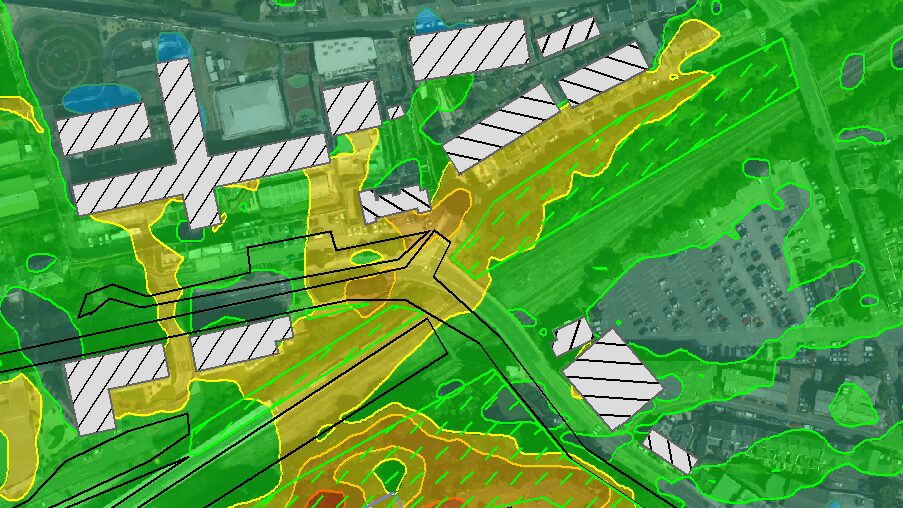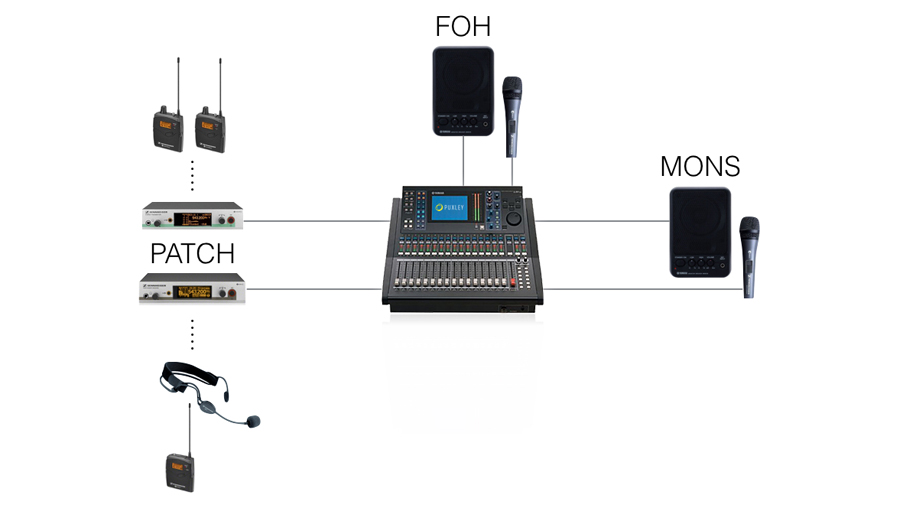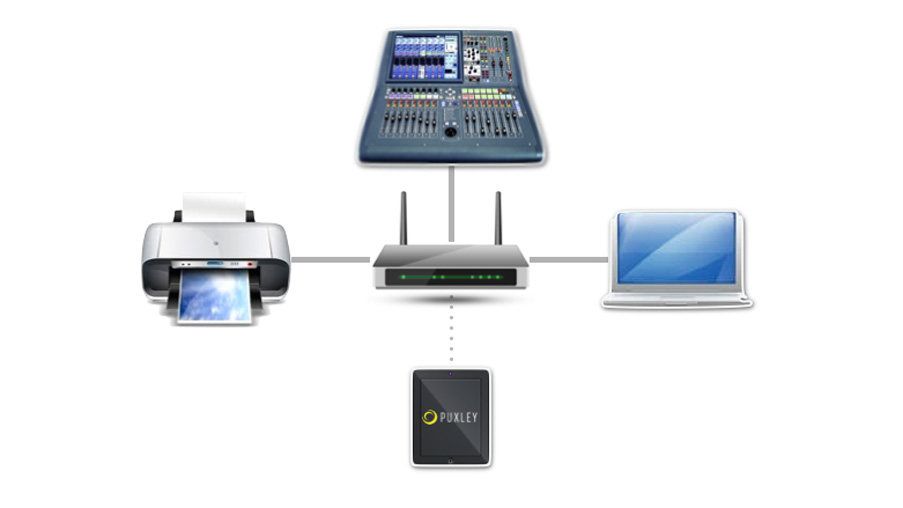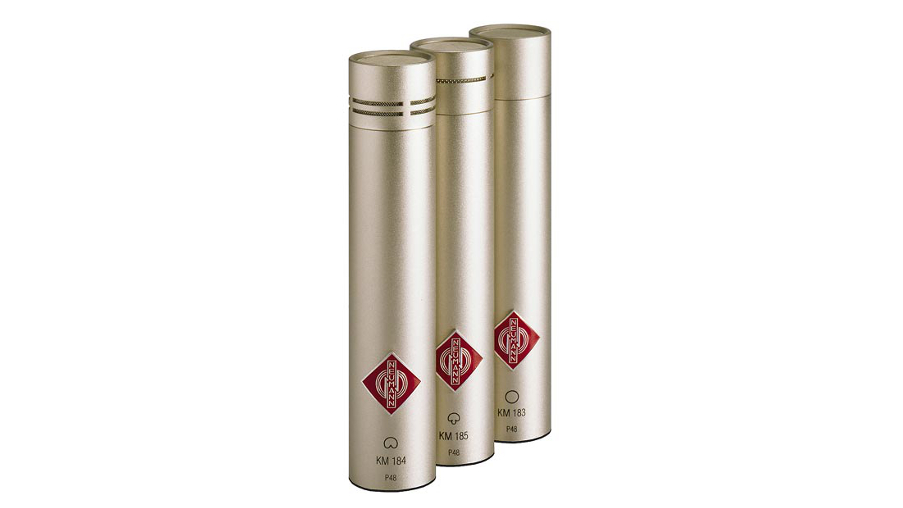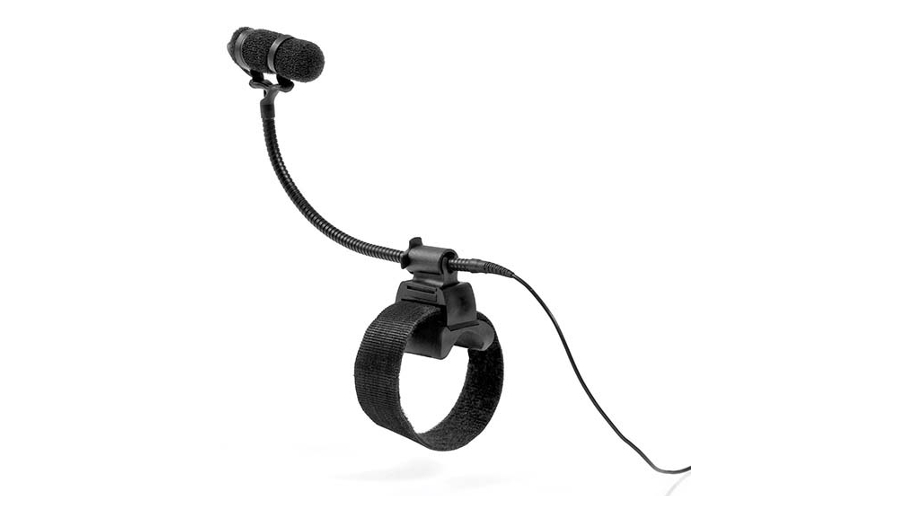Gigs and Global Warming
Posted on / 1 Dec 2019
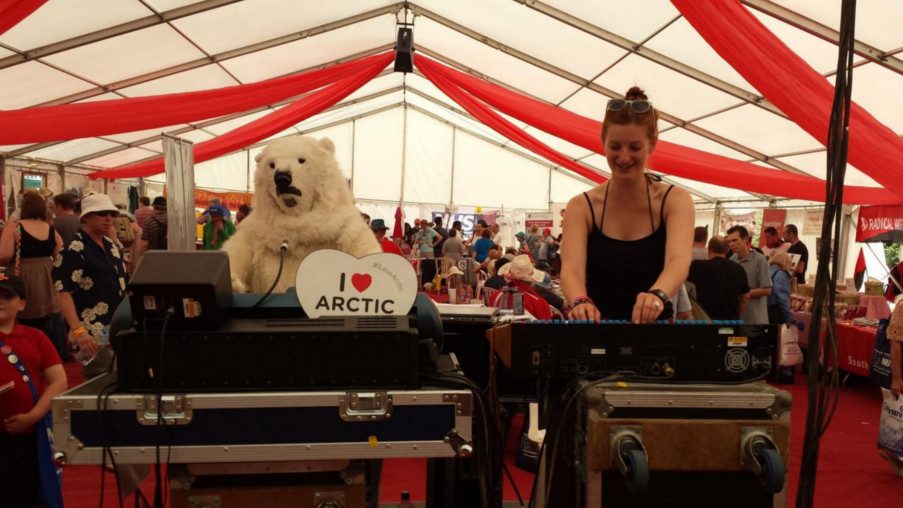
Scientists from the international community agree undeniably that “Human influence is the dominant cause of global warming”. The next century is likely to present the human race with challenges — ones of extreme weather, energy insecurity, and political disquiet. How does society meet these hurdles? No clear answer exists. Instead, companies, industries, individuals, and governments are taking steps to reduce carbon emissions and develop low carbon technology.
Is the live music industry falling behind in the low carbon economy?
Music lovers may enjoy one or two concerts per months. Festival goers — when feeling flush — may splash out on two, or even three, hedonistic weekends per year. These experiences are the definition of escapism, for not only the young and footloose echelons of society — but also for the ageing nostalgic originators, who cultivated a now mammoth industry during their youth. Time spent at concerts and festivals is leisure time, and even die hard climate conscious music fans can be forgiven for putting aside their values to enjoy a rare weekend at their favourite event. After all, they have little choice in the way in which that event impacts the planet.
In the live event sector, the onus is on production teams to reduce carbon footprints
It’s traditionally thought that reducing greenhouse gas output requires teamwork. Individuals, companies, and governments should work together and each ‘do their bit’. Unfortunately, the same does not apply to live events. There is little that a ticket holder can do to mitigate ecological impact, short of boycotting events en mass — a tactic far from desirable considering Britain’s rich music scene. Weekend long music festivals exemplify this perfectly; guests exchange their money for 3 days in an entirely temporary society, complete with utilities and services. Unlike the outside world, however, one cannot opt for a carbon free electricity supplier from the comfort of their camper-van. For the most part, cost and innovation limitations mean that the events we visit across the summer months are powered almost exclusively by diesel — and in no small measures.
What can site managers and production teams do?
Whilst we are a long way from the carbon-neutral music festival, methods of carbon reduction are starting to emerge into the live event industry. Since 2010, a slow introduction of carbon neutral site lighting has taken place through the deployment of kilometers of LED festoon bulbs and floodlights fed by installations of giant Li-On batteries backed by solar PV panels. Site designers take note — not only is this good for the planet, it can be good for fuel budgets. Complement this with solar or human-powered phone charging, and it becomes clear that a low-carbon site design strategy can lead into climate conscious marketing tactics that attract eco-friendly event goers.
Once site lighting and phone charging has been dealt with, it’s sanitary facilities in the climate change crosshairs. Traditional portaloos are an invention of pure evil — with almost no redeeming features apart from the bargain price at which they are hired. Units themselves are made almost exclusively of plastics, which are mostly derived from fossil fuels. The ubiquitous blue disinfectant liquid, which all event-goers dread to smell, means effluent must be exclusively discharged into mains sewage networks, all of which use electricity intensive filtering processes. All of the above, naturally, is conducted by behemoth gully sucking lorries using diesel powered pumps. Luckily, the solution to the ‘polyjohn-problem’ is already underway. Many large, or indeed ‘green’, events are employing composting toilets that rot and reduce waste naturally, allowing festivals with sufficient space to decay toilet discharge on-site! Composting is not only kind to the environment, it can even provide an enjoyable bathroom experience. Gone are the chemical smells and dimly lit plastic saunas! Clearly, composting toilets need to move to the same level of omnipresence as traditional portaloos. However, with certain mega-events recurring year on year, there simply isn’t sufficient national stock to satisfy events of all sizes. Site managers should get bookings in early, and continue to pressure compost toilet companies to add more units to stock.
Production managers, LDs, and sound designers have their own raft of opportunities. Although still unable to fully replace some forms of timeless theatre lanterns, LED performance lighting is now here to stay. With LED fixtures favoured for certain applications by leading lighting operators and production companies across the world, lighting circuit loads are lower – meaning cheaper running costs. Although this doesn’t solve the fact that festival stages are almost exclusively diesel powered — it does mean generators can be smaller, and much less thirsty! Large format display follows a similar pattern – with LED video wall becoming iteratively more power efficient, and at the same time looking better and better to the person stood in front of it.
Sound designers and system engineers are yet to experience an innovation as game-changing as LED. However, across the last two decades, loudspeaker amplification technology has become steadily more efficient, with each new generation requiring lower input power to achieve the same acoustic effects. Combined with the proliferation of acoustic mapping software, which ensures the best coverage with the fewest loudspeakers. Public address systems have never been more efficient. The key choice for production managers is choosing the right system, and by extension the right PA hire provider.
Production hire companies can also play their role — particularly when designing logistics. Getting equipment from A to B is a core requirement, but never underestimate efficiencies that can be made in such a simple activity. If hire managers take time to truly understand the relationship between vehicle load space and flight case sizes, the cumulative effect of proper capacity-utilisation can mean the equivalent of dozens of saved journey’s every year. Creativity can be a factor here, and thinking laterally about custom flight case designs can increase your vehicle loading efficiency a great deal.
These methods and technologies are available to events of all sizes
Yes, it may seem expensive at first, but employing the methods and technologies in this article will not only leave you feeling warm and fuzzy, but also garner your event a reputation that you’ll be proud of. The larger green events on the market flaunt their climate credentials throughout their marketing — and quite rightly so. The current generation of event consumers have not only an awareness of their carbon footprint, but a propensity to try and reduce it. Don’t be afraid to make this a core of your event brand!
It’s tempting to believe that small events play a negligible part in climate change, but the sheer volume of concerts and festivals that take place invalidates this notion. Start with the simple things. LED lighting, bicycle parks and public transport planning, modern generators and low-power audio technology. The power, quite literally, is in your hands!
Puxley can advise on lowering your event’s carbon footprint, as well as providing ultra-modern and efficient performance lighting and PA hire. Even our office is powered by sun, wind, and rain (ecotricity.co.uk)! Give us a call today.
Related Products
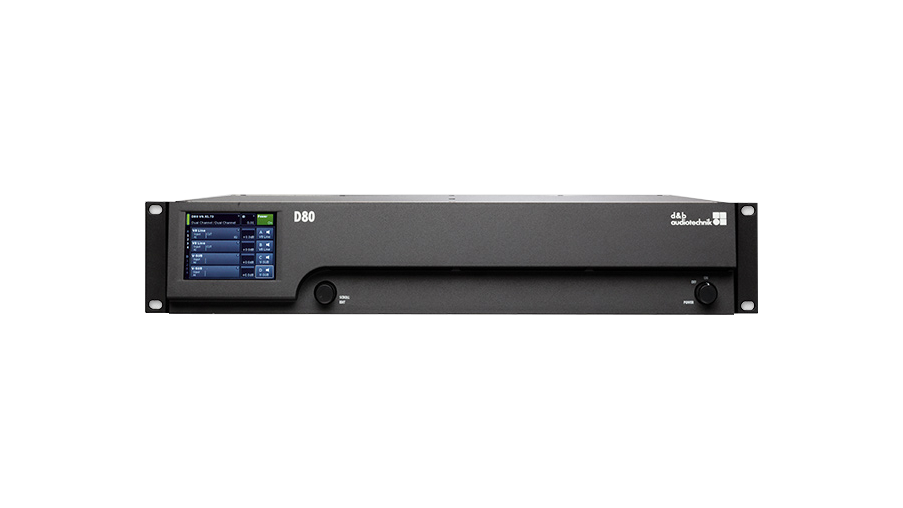
d&b audiotechnik D80 Control Amplifier
£80.00 per day
£240.00 per week
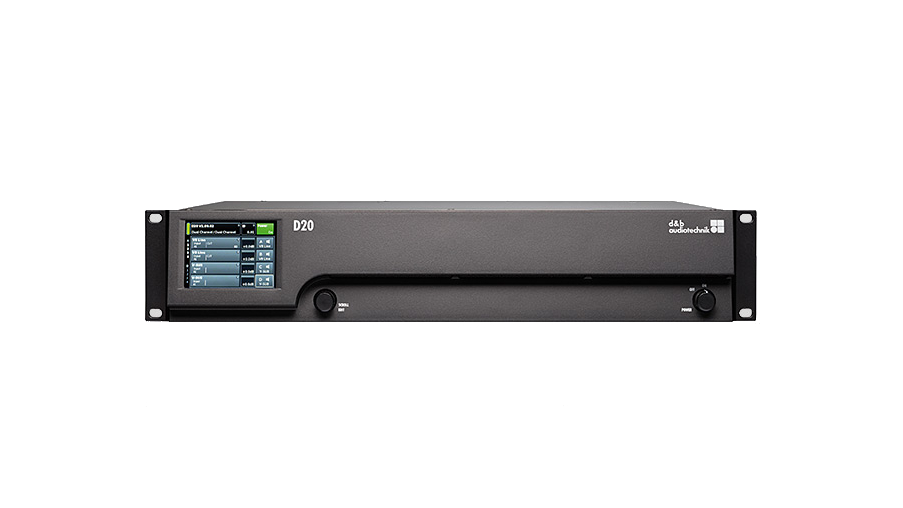
d&b audiotechnik D20 Control Amplifier
£65.00 per day
£195.00 per week
Latest Articles
Gigs and Global Warming
Scientists from the international community agree undeniably that "Human influence is the dominant cause of global warming". The next century is likely to p...
Posted / 1 Dec 2019
Concert Noise Management
As record sales continue to dwindle across all sections of the music industry, concert promoters and record labels have now fully embra...
Posted / 11 Nov 2019
Festivals — Managing off-site noise
The news that a new festival is coming to your neck of the woods can be greeted with great enthusiasm (if you're a festivalgoer), or great trepidation (if you a...
Posted / 19 Apr 2019

